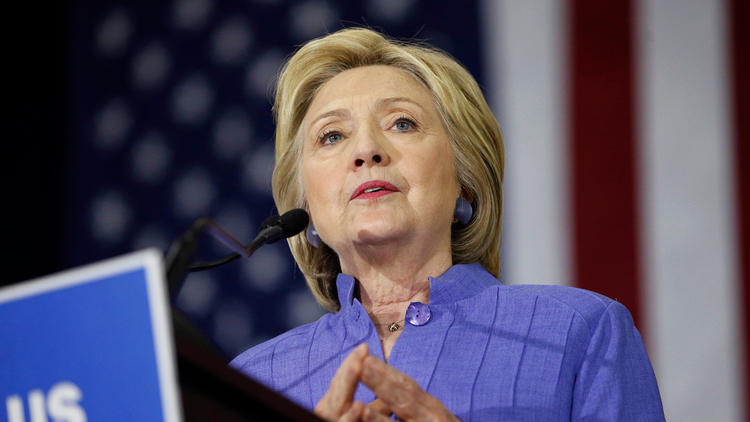
On Monday, Hillary Clinton and Hillary for America announced a plan that will ensure that businesses, workers, and consumers can all grow and prosper together. This would be a stark contrast from today’s economy in which one typically suffers at the expense of the others. HFA released details of her plan which are outlined below. The full plan can be read on The Briefing.
Hillary Clinton believes we need to build an economy that works for everyone, not just those at the top. But today, there are still powerful interests fighting to protect their own profits and privileges at the expense of everyone else. Too many of the rules and incentives in our economy encourage those at the top to abuse their power and take advantage of consumers, workers, small businesses, and taxpayers. That makes it tougher for even well-meaning CEOs to take the high road.
In recent months, we’ve seen three egregious examples of these problems. We saw a drug company, Mylan, excessively raise the price of lifesaving EpiPens without justification. We saw one of our country’s biggest banks, Wells Fargo, bully thousands of employees into committing fraud on unsuspecting customers. And now we’ve learned the latest on Donald Trump: In one year, he lost nearly a billion dollars; he stiffed small businesses, laid off workers, and walked away from hardworking communities; and he apparently got to avoid paying taxes for nearly two decades—while tens of millions of working families paid theirs. That’s what he calls “smart” business.
Today, Clinton is offering her vision for an economy where our businesses, our workers, and our consumers grow and prosper together. She’s outlining a set of proposals to rewrite the rules so that more companies that do right by workers, small businesses, customers, and taxpayers.
Clinton will:
- Eliminate Tax Breaks that Allow Corporations and the Wealthy to Avoid Paying Their Fair Share
- Shut down the “private tax system” for the most fortunate, starting by immediately closing egregious loopholes and restoring basic fairness to our tax code.
- Reform our tax code to reward investments in America – and stop companies from shifting jobs and profits overseas
- Protect Consumers from Unfair and Deceptive Practices
- Strengthen consumer financial protection, including by restricting practices that businesses like Wells Fargo have used to lock the consumers they’ve harmed out of court
- Respond to unjustified price increases in long-standing, lifesaving drugs like EpiPens
- Promoting Free and Fair Competition and Stopping Big Businesses from Hurting Small Business
- Crack down on big companies that repeatedly exploit their power to stiff small businesses – and give small businesses the power to respond
- A new commitment to promote competition, address excessive concentration and the abuse of economic power, and strengthen antitrust laws and enforcement
- Rewrite the Rules So Workers Share in the Profits They Create
- Reward companies that share profits with their employees, not just their executives
- Fight for unions that built the American middle class and strengthen collective bargaining
- Encourage businesses to provide worker training and apprenticeships
- Make the minimum wage a living wage and fight for equal pay and overtime
- Guarantee paid leave and make affordable, high-quality childcare available to all
Full fact sheet available here.
For all the latest, follow our Scheduled Events page and follow Clinton on Twitter, Facebook, YouTube, and Instagram. Also, be sure to subscribe to the campaign’s official Podcast, With Her.
News Source: The Briefing



